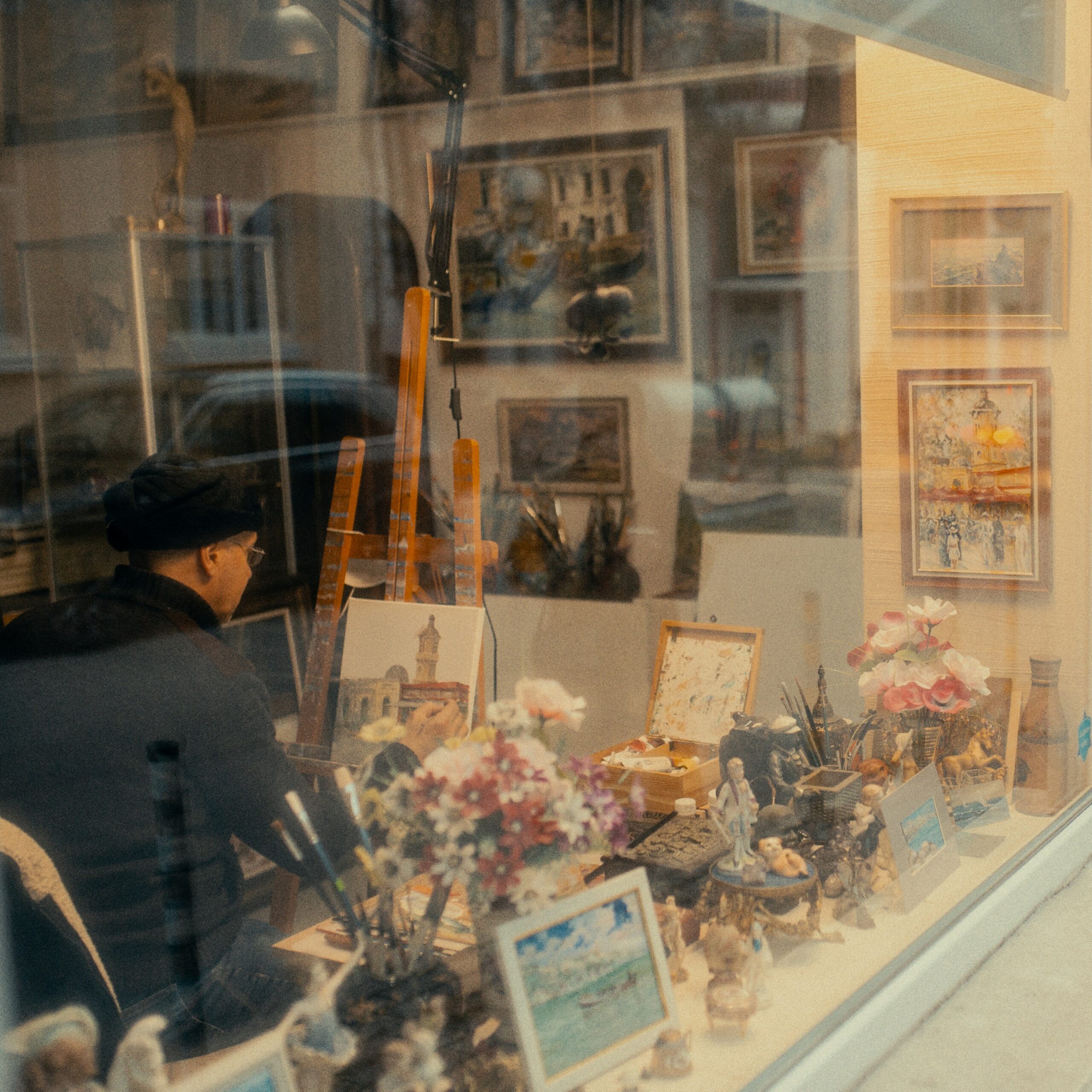
Photo by Irina Dimitrova on Unsplash
The road from Plovdiv into the Rhodope Mountains began early and ended later than expected, as snow started to fall heavy along the way— heavy enough to make the landscape feel like winter had returned. I didn’t mind. It passed quickly, like a reminder of the season still clinging to the mountains. The curves and climbs pulled me further away from the noise. By the time I reached Shiroka Laka, most of the snow was well behind me, and I was now in a beautful traditional village tucked into a pine-covered valley, I had forgotten the last time I checked the time.
Spring hasn’t quite taken hold yet—not fully. Some trees are still bare, their branches like bony fingers tracing the fog, but here and there, hints of green peek through, sometimes a whole nook. It takes you by surprise. A single patch of violets blooms just after a bridge over a small mountain creek. You notice these things more when you’re alone.

The streets of Shiroka Laka are cobbled and quiet, sloping gently past wooden houses with low eaves and heavy balconies. A few older women, dressed in long coats and headscarves, stood talking by the small church, their voices barely louder than the stream trickling through the village. A man with thick hands and a cap nodded at me from his doorstep as I passed. These are the kinds of greetings that carry more weight than words.
I found a bench that looked down over the valley. There, I ate patatnik, a kind of potato pie baked golden in a small pan and wrapped in paper. It’s comfort food: starchy, warm, and familiar in a way that hits you deep in the chest. The pie was still steaming when I unwrapped it, and I burned my tongue on the first bite. I didn’t care. It tasted of real things—potato, onion, butter, thyme.

Later, I wandered into a tucked-away ethnographic museum. No one else was there except for a painter who, as I’ve learned, frequently settles here to paint. This part of the museum really looks and feels like his studio. But other than that, it’s just the creak of floorboards and the slow ticking of an old wall clock. A room displayed musical instruments once used in village weddings. Another had mannequins dressed in traditional Rhodope garb, heavy with wool and color. It felt as though the house remembered the people who had once lived there.

I stayed at a guesthouse owned by an older couple. No website, no signage. Just a faded sign and a wooden gate. The room was simple, spotless. The man spoke no English. The woman did, a little. She offered me a cup of bilkov chai—herbal tea brewed with mountain mint, thyme, and dried apple. We sat in silence as the light disappeared behind the mountains.

That evening, the sky turned a deep bruised blue. The pine trees looked like silhouettes cut from old paper. From somewhere across the valley, I heard a dog bark, and then nothing. Just the rustle of the wind through fir branches. I don’t know how long I sat there on the terrace, breathing in that quiet.
Here’s what I want you to do: Find a village like this. Or a trail that leads somewhere with no real reason to be visited. Stay a while. Eat something made with care. Don’t look for landmarks—listen for the stories in the walls, in the smells from someone’s kitchen.
And when the silence starts to press in, don’t fill it. Just let it speak.







One Response
Oh that’s just fascinating!